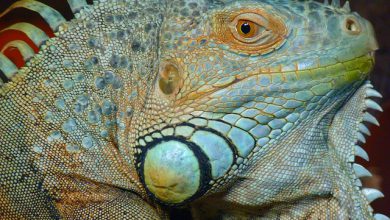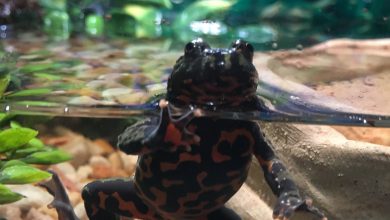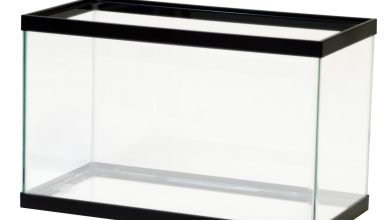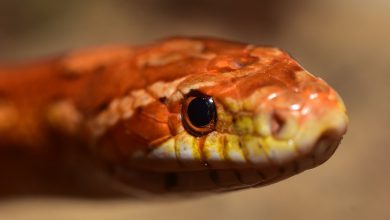Toxic Plants to Avoid in Bioactive Enclosures
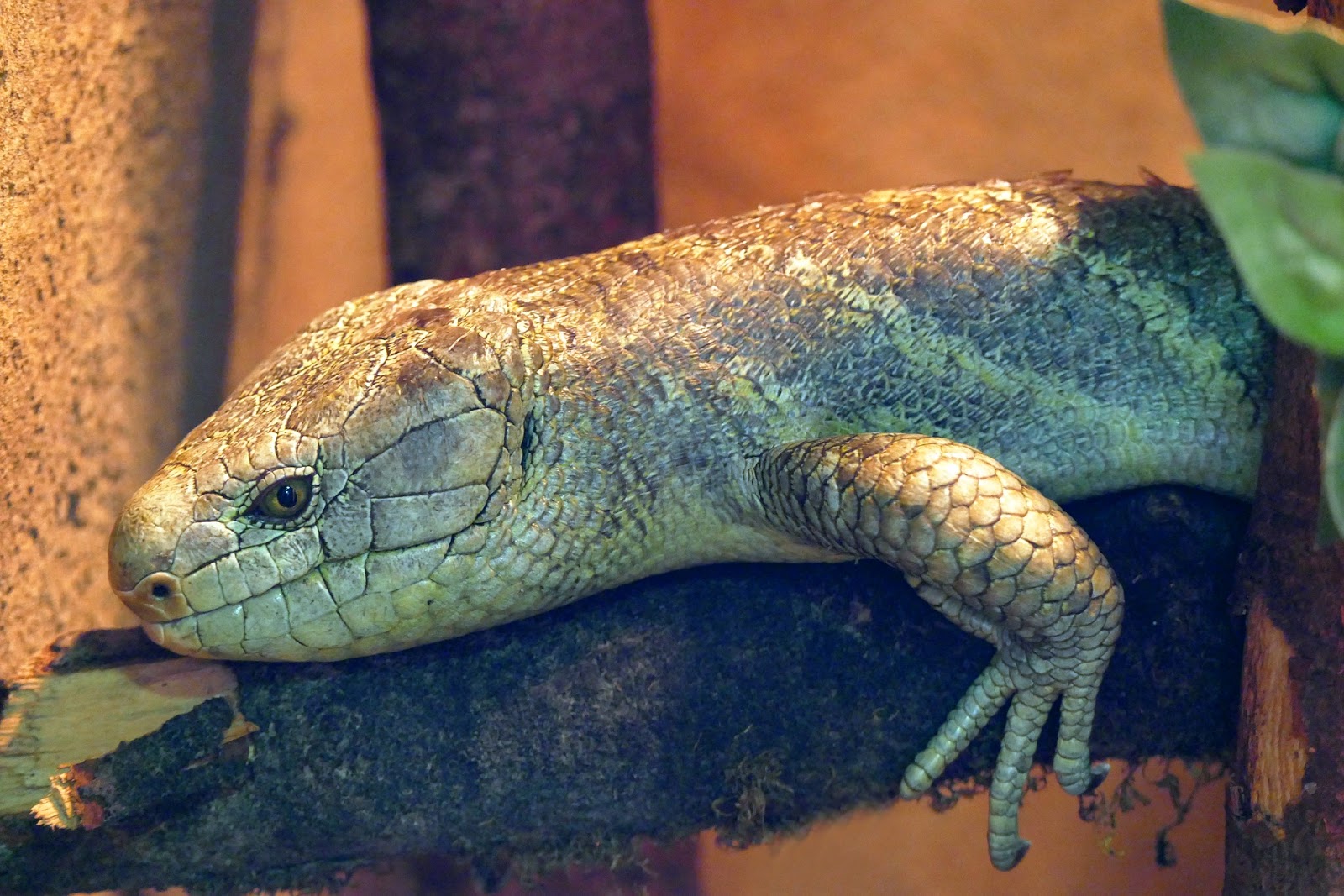
One of the best things about creating a bioactive enclosure is combining herp keeping with a beautiful indoor garden. Both you and your exotic pet get the benefits of some greenery in your home.
If youâre new to bioactive setups, however, itâs a good idea to know which plants you should not put in a reptile or amphibian habitat.
The plants discussed here are all toxic to herps and should not be planted in an bioactive terrarium.
Fruit trees
I know itâs not likely youâll plant a fruit tree in your animalâs habitat, unless you have a really big enclosure, perhaps for a green iguana or sulcata tortoise. Just in case you think to try it out, though, the leaves and bark of most fruit plants are toxic to reptiles and amphibians and should not be put in their enclosures.
Additionally, many pits and seeds, and some stems on these plants are also toxic. This includes plants not commonly thought of as fruits, such as avocados.
Many flowers
Lots of plants produce flowers, and although it may be tempting to put some nice flowers in an enclosure, some of them are not a good choice. Flowering plants that are toxic include:
- Azalea
- Belladonna
- Buttercup
- Calla lily
- Easter lily
- Daffodil
- Hyacinth
- Iris
- Laurel
- Peony
- Periwinkle
- Poinsettia
- Poppy
- Tulip
- Wisteria
- Ragwort
That being said, some flowers are perfectly safe, even if ingested. Watch for next weekâs article on which plants are safe in your animal’s enclosure.
Devilâs ivy (and other ivies)
Devilâs ivy causes mouth and tongue irritation if eaten, and it can cause swallowing difficulties and vomiting.
Holly and mistletoe
Holly and mistletoe are common in homes around the holidays, but theyâre not a great decoration for reptile or amphibian terrariums. The leaves and berries of holly and mistletoe are poisonous and cause digestive distress that can lead to vomiting and diarrhea.
Milkweed
Milkweed produces a sap that irritates the skin and eyes. It is also dangerous if ingested and can disrupt muscle function, including that of the heart. Although this plant is often used to lure monarch butterflies into an area, itâs not good for the majority of pets.
Johnsongrass
As the name suggests, this is a grass plant. Tortoises love grass, and you may be tempted to grow some for them, but beware this variety. It can build up toxic amounts of cyanide and nitrate, which are dangerous if eaten.
This is not an exhaustive list of toxic plants, so your best bet is to check the safety of each plant before putting it in an animalâs enclosure by making sure itâs on a list of safe plants for exotic pets.
Check out The Tye-Dyed Iguanaâs Bioactive Guide for more tips.
